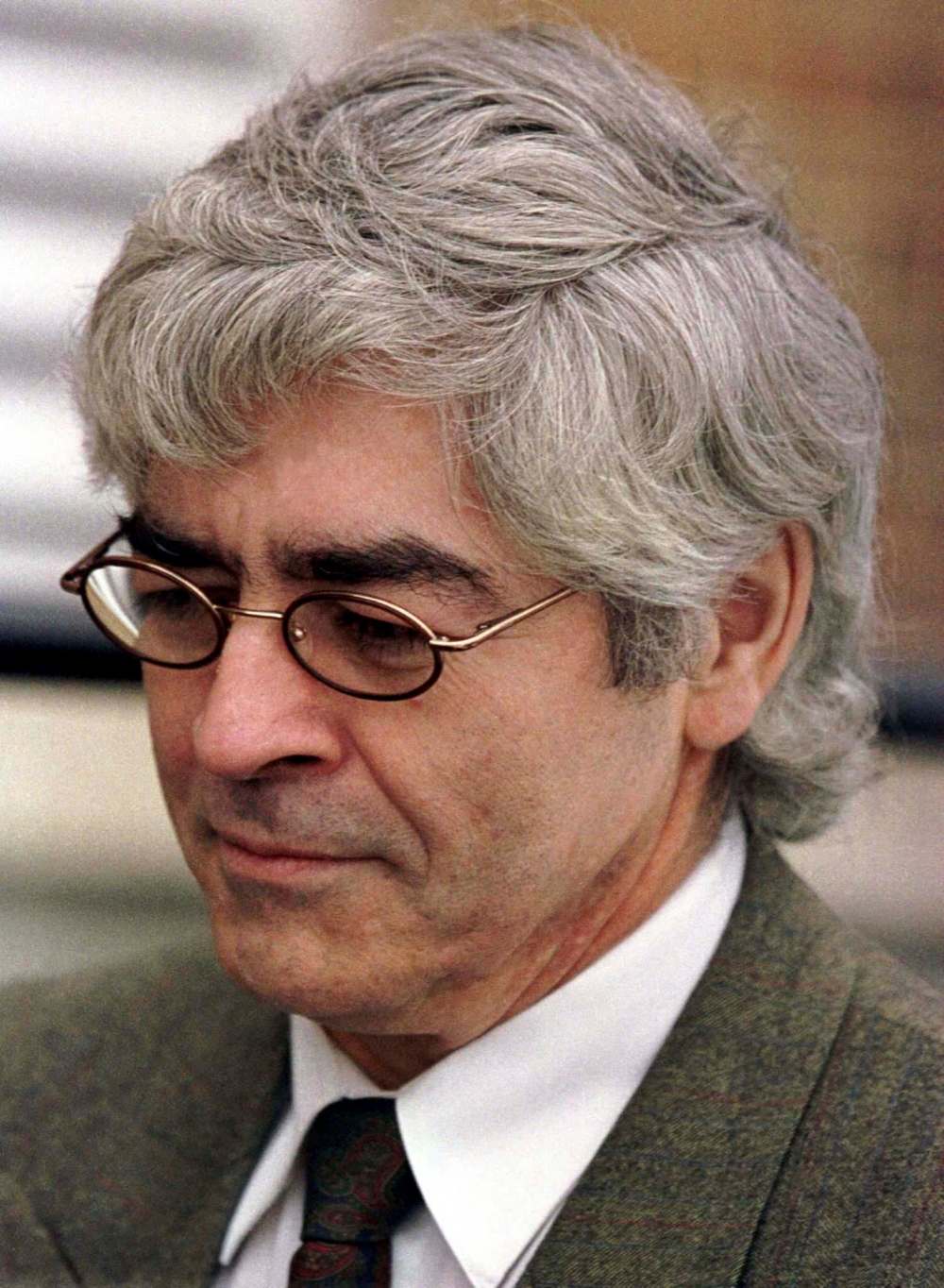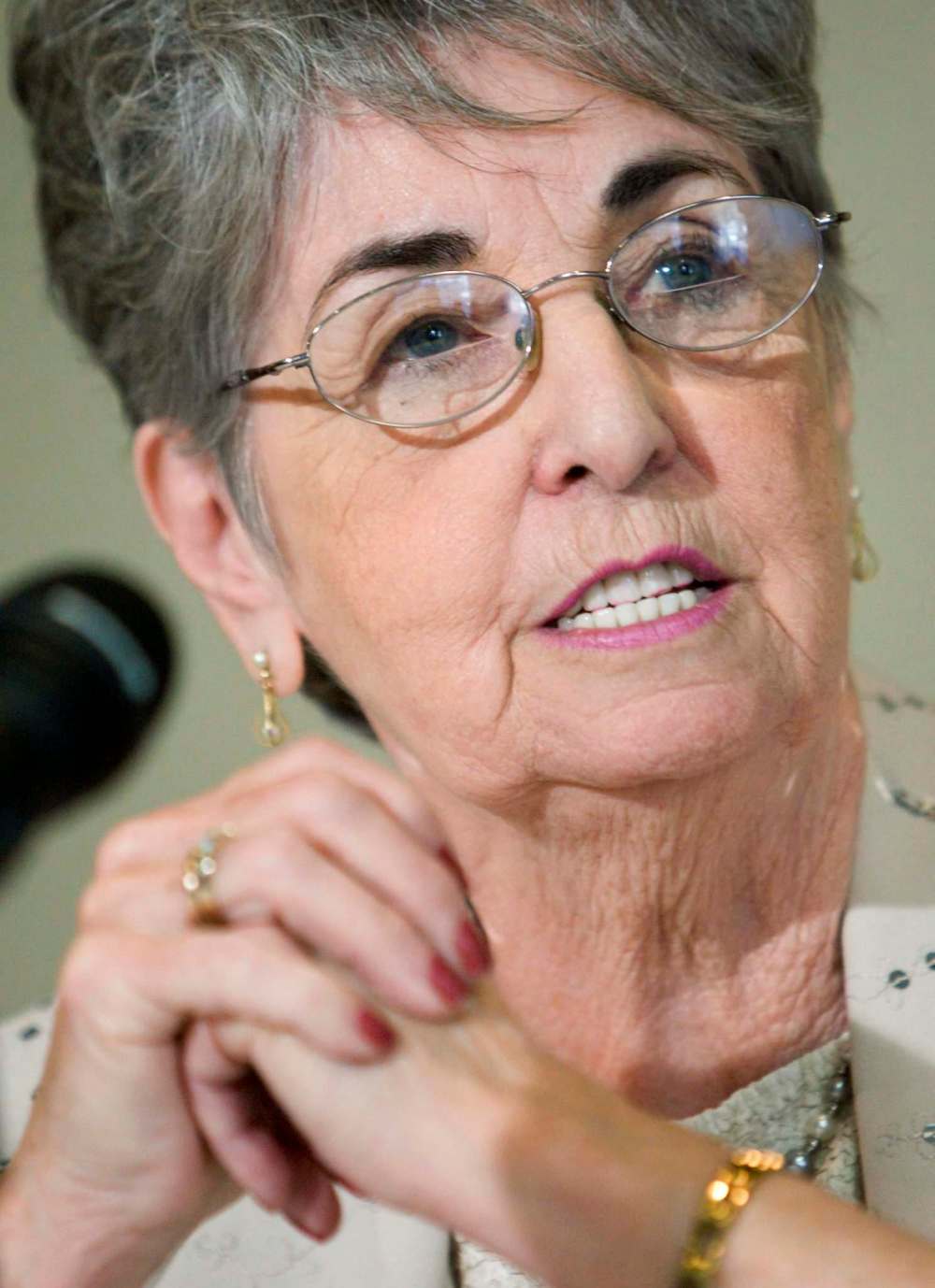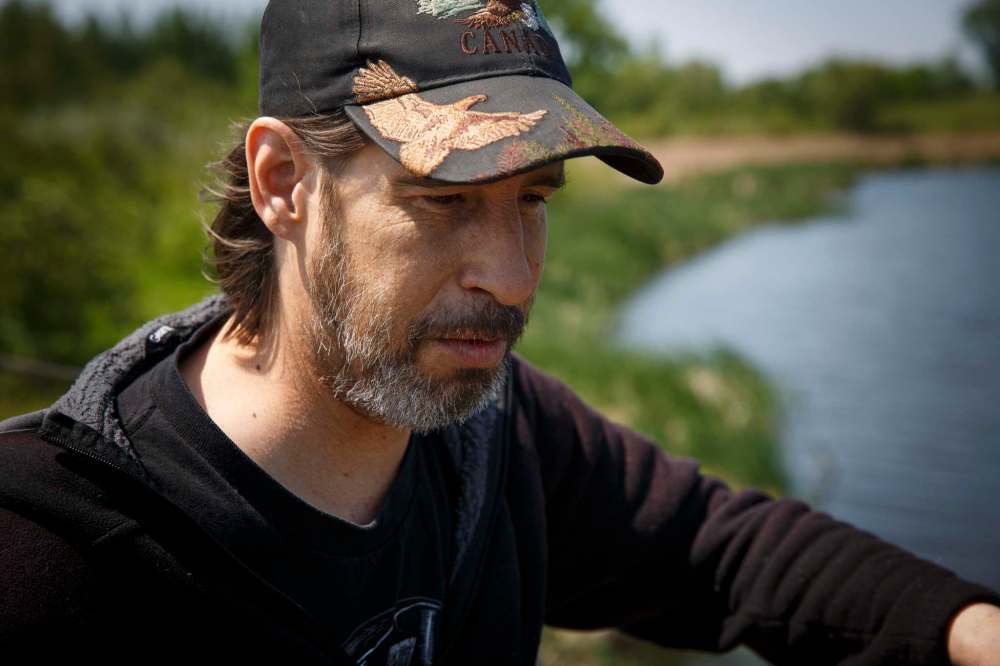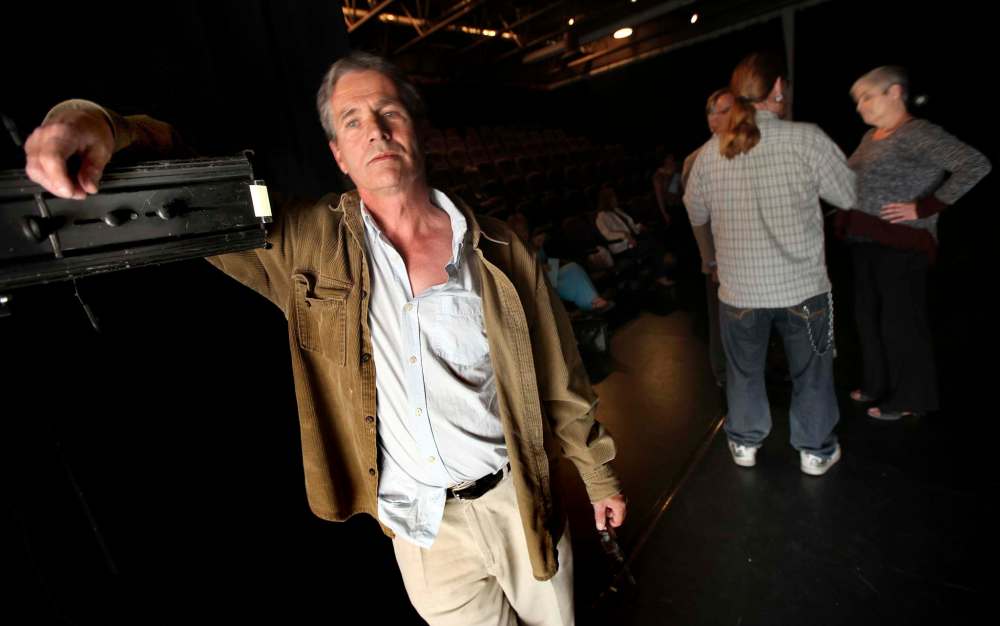Review system ‘faulty’: Milgaard
Wrongfully convicted man who spent 23 years behind bars calls for independent oversight of contested cases
Advertisement
Read this article for free:
or
Already have an account? Log in here »
To continue reading, please subscribe:
Monthly Digital Subscription
$0 for the first 4 weeks*
- Enjoy unlimited reading on winnipegfreepress.com
- Read the E-Edition, our digital replica newspaper
- Access News Break, our award-winning app
- Play interactive puzzles
*No charge for 4 weeks then price increases to the regular rate of $19.00 plus GST every four weeks. Offer available to new and qualified returning subscribers only. Cancel any time.
Monthly Digital Subscription
$4.75/week*
- Enjoy unlimited reading on winnipegfreepress.com
- Read the E-Edition, our digital replica newspaper
- Access News Break, our award-winning app
- Play interactive puzzles
*Billed as $19 plus GST every four weeks. Cancel any time.
To continue reading, please subscribe:
Add Free Press access to your Brandon Sun subscription for only an additional
$1 for the first 4 weeks*
*Your next subscription payment will increase by $1.00 and you will be charged $16.99 plus GST for four weeks. After four weeks, your payment will increase to $23.99 plus GST every four weeks.
Read unlimited articles for free today:
or
Already have an account? Log in here »
Hey there, time traveller!
This article was published 03/05/2019 (2416 days ago), so information in it may no longer be current.
When it comes to David Milgaard’s “second” life, perhaps the late Tragically Hip frontman Gord Downie said it best in 1992’s Wheat Kings: “Wait and see what tomorrow brings.”
The song was written about the former Winnipegger, who spent 23 years behind bars for a murder he didn’t commit, and his family’s relentless effort to persuade the federal government to reopen the case.
“I’m really not different than anybody else,” Milgaard told the Free Press earlier this week. “Life goes up and down. I just do the best I can.

“Remember, it has made me the person I am today, and I like the person I am.”
Just last week, the lawyer for Kyle Unger, who was wrongfully convicted in a grisly 1990 slaying in rural Manitoba, reached an out-of-court settlement with the province to compensate him for the 14 years he spent in prison.
Unger’s case is one of four murder convictions obtained by retired Crown prosecutor George Dangerfield in the late 1980s and early 1990s that have been overturned.
Advocates for the wrongly convicted are calling on the province to call an inquiry into the former courtroom star’s career. Not surprisingly, Milgaard is among them.
Now 67 and living near Calgary, he has been vocal about the need for an independent board of review to look at cases of people who say they have been wrongfully convicted, as opposed to the present system, where the federal justice minister — the country’s top lawmaker — looks at them.
“It was bad enough to be wrongly convicted, but to have a system that is bad and faulty isn’t right,” he said.
“It needs to be accountable and it needs to be transparent. It needs to be an independent review like in Great Britain. The ministerial review here doesn’t have that. For 30 years now, judge after judge after judge (has) said how important it would be to have an independent board of review deal with it — to get people out quickly and efficiently — but we’re up against a wall.
“Why is the system failing people so badly?”
That question will undoubtedly come up Sunday morning during a free panel discussion focusing on Milgaard’s legal odyssey, hosted by the Canadian Association of Journalists at the Canadian Museum for Human Rights.
The discussion, moderated by the Globe and Mail’s Jana Pruden, will explore the rights to a fair trial and equal treatment before the law. The panel also includes David Asper — one of the lawyers who represented Milgaard in the fight to have his conviction overturned — and CBC journalists Cecil Rosner and Carl Karp.

Milgaard was just 16 years old when he was arrested and charged with the rape and murder of 20-year-old Saskatoon nursing student Gail Miller while he was on a cross-country trip with some friends.
Milgaard received $10 million from the Saskatchewan government in 2000, after he was exonerated by the same DNA evidence that conclusively added Miller’s slaying to convicted serial rapist Larry Fisher’s list of criminal behaviour. Fisher died behind bars in 2015.
Milgaard lost most of that money through what he calls “bad investments” and now lives in a small community outside of Calgary, where a monthly annuity keeps him going, supplemented by what he gets from the odd speaking engagement.
What matters most is his life now.
“I have a 13-year-old son and an 11-year-old daughter,” he said. “They keep me young.”

Milgaard is spending the weekend visiting family. His mother, Joyce, who worked tirelessly to win his release, still lives in Winnipeg. His father Lorne was 78 when he died in 2007.
He said his mother is “doing all right,” although health problems will prevent her from attending Sunday’s discussion, which is scheduled from 10-11:30 a.m.
Free tickets are available at humanrights.ca/event/david-milgaard-in-conversation.
kevin.rollason@freepress.mb.ca


Kevin Rollason is one of the more versatile reporters at the Winnipeg Free Press. Whether it is covering city hall, the law courts, or general reporting, Rollason can be counted on to not only answer the 5 Ws — Who, What, When, Where and Why — but to do it in an interesting and accessible way for readers.
Our newsroom depends on a growing audience of readers to power our journalism. If you are not a paid reader, please consider becoming a subscriber.
Our newsroom depends on its audience of readers to power our journalism. Thank you for your support.
History
Updated on Saturday, May 4, 2019 2:01 PM CDT: final





